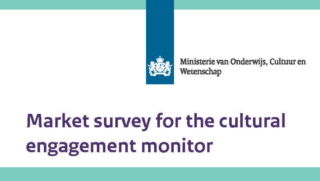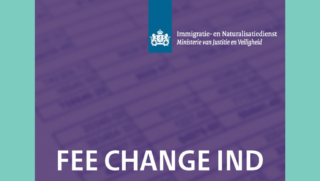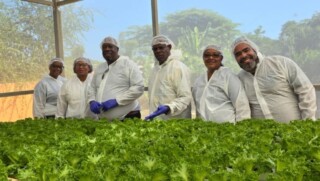Purchasing Power Caribbean Netherlands Declined in 2022
KRALENDIJK – Purchasing power in the Caribbean Netherlands declined in 2022, partly due to high inflation. On Bonaire, purchasing power declined by 4.2 percent compared to 2021, on St Eustatius by 3.3 percent and on Saba by 1.6 percent.
However, people receiving benefits on Bonaire and St Eustatius actually saw their purchasing power improve due to increases in those benefits and an energy allowance. Statistics Netherlands (CBS) reports this on the basis of new figures.
In order to improve people’s sense of socio-economic security in the Caribbean Netherlands, since 2019 steps have been taken to increase minimum wages and the benefits paid to pensioners (AOV), widows/widowers and orphans (AWW) and people receiving income support, in order to improve people’s purchasing power. In 2022, benefits and the minimum wage were increased to reflect inflation in 2021, but also by an additional amount.
Child benefit was also increased once again, and households receiving income support were given an energy allowance. However, for the general population, these measures were not enough to make up for the average increase in prices in 2022. Inflation stood at 9.7 percent on Bonaire, 7.7 percent on St Eustatius and 8.6 percent on Saba. Average purchasing power fell on all three islands in 2022, following ten years of almost continuous increases.














